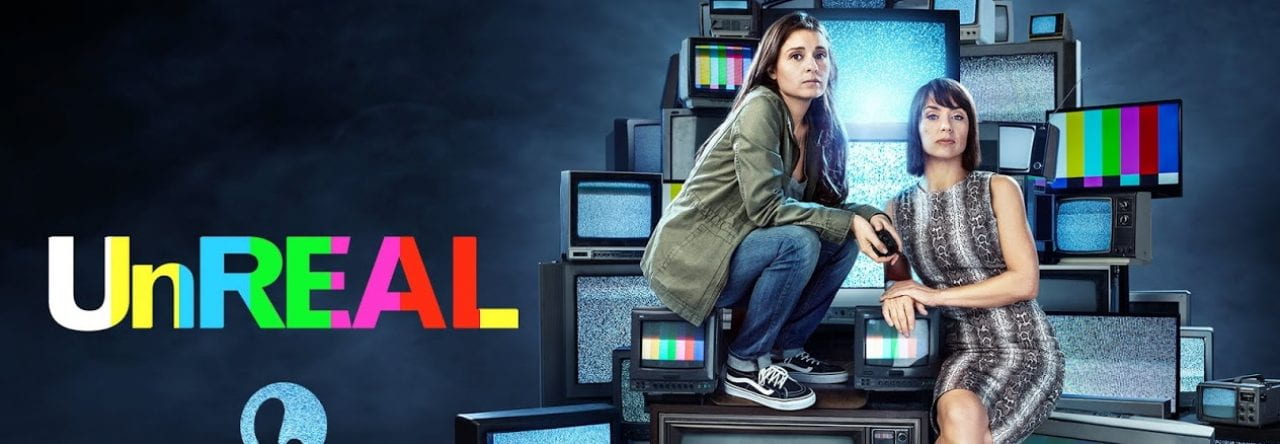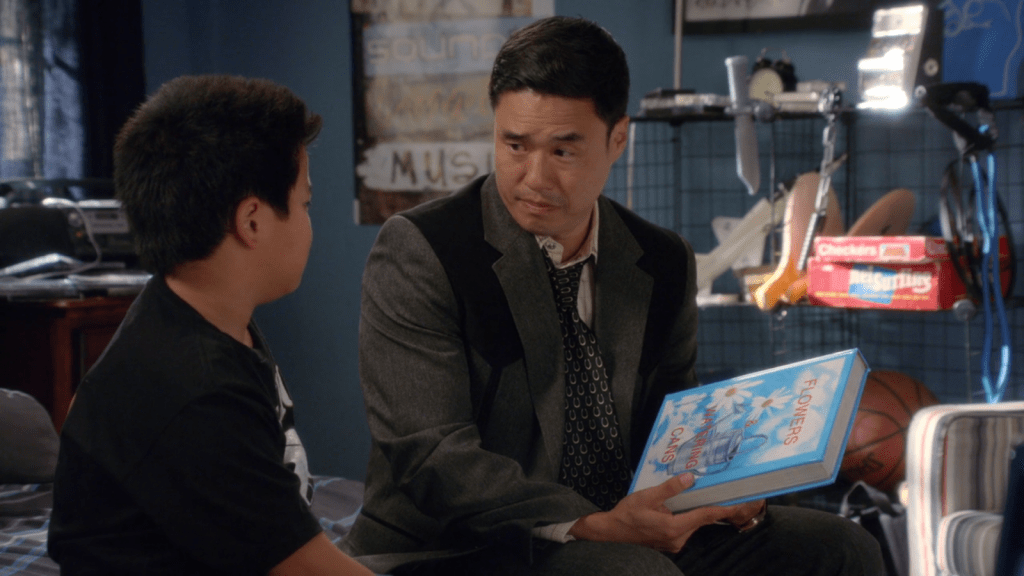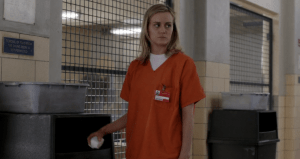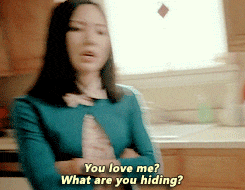This episode of ‘New Girl’ is centered on one of everyone’s favorite holiday: Thanksgiving. The theme of the episode is Jess and all her friends plus a new guy that she’s crushing on: Paul. By inviting Paul to their house, the day just turns into chaos. The episode goes over all the issues they have during the day such as Nick being irritated, all of the food preparation going wary (the turkey gets WAY too burned) and ends up with them finding a dead body in their neighbor’s house. Regardless of all of these scary and chaotic events, the group of friends still manage to have a meaningful and fun Thanksgiving day together.

Jess going all out for Paul and her roommates.
The show makes this argument by starting the episode with all of Jess’ roommates hating on Paul, but in the end, they all warm up to him and welcome him into their small family. This relates to the overall theme that despite issues and differences, people can still come together and enjoy a holiday together. This theme relates to the show as a whole because every episode, the characters have conflict but still manage to come together and realize their love and care for each other at the end of the day.
I think this episode, in particular, relates to a greater cultural meaning as it shows the importance of holiday’s, especially Thanksgiving, where in America it’s a holiday where you’re supposed to be thankful for the people regardless of the circumstances. Besides this, a lot of what happened in the episode was extreme, and would normally not occur in normal life, but it was done for humor purposes. Also, I have a feeling that Nick likes Jess, which I also think was the purpose of this episode – to overlay this fact. That is why I think Nick dealt with Paul, to make her happy. The things you do for someone you love are endless.









 other comic characters and heroes. There is also the part where Jessica Jones was made to be apart of the Marvel Defenders saga where she is only one of 4 stories or shows that are made and eventually lead to the Defenders TV show/fighting force. So basically a huge part of the underlying plot points going throughout the show is working Jones in with the other characters that she is destined to meet.
other comic characters and heroes. There is also the part where Jessica Jones was made to be apart of the Marvel Defenders saga where she is only one of 4 stories or shows that are made and eventually lead to the Defenders TV show/fighting force. So basically a huge part of the underlying plot points going throughout the show is working Jones in with the other characters that she is destined to meet.






